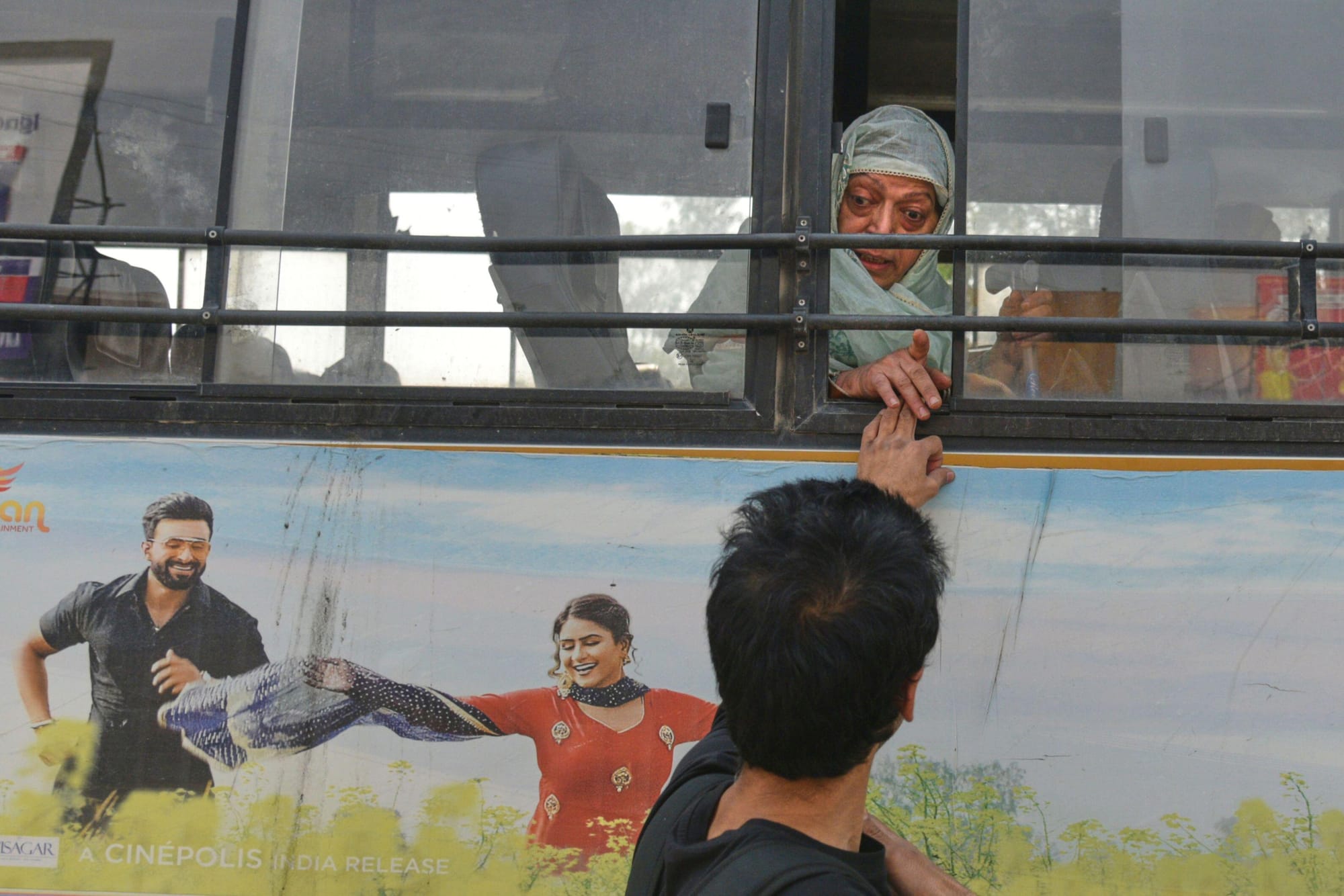Currents News Club: Join us to discuss the Kashmir crisis
With Haziq Qadri in Kashmir

Currents+ is included as part of all print and/or digital subscriptions to New Internationalist magazine. That's a £36 annual value!
Since militants killed at least 28 tourists in Indian-administered Kashmir last week, many Indian TV news anchors, social media influencers, and right-wing politicians have been using genocidal language in calling for revenge against Kashmiris.
Among them, TV news anchor Arnab Goswami said: ‘There needs to be a final solution.’
Kaliputra Kalicharan Mahara, a prominent Hindu religious figure, called for the annihilation of Muslims in India. ‘Now it is clear that the religion of terrorism is Islam,’ he said. ‘I request the Modi government to shoot these terrorists with bullets smeared with the blood of the pigs.’
But instead of demanding accountability for one of the deadliest attacks in the history of the conflict, much of the mainstream coverage in India has blamed Kashmiris directly. The genocidal language echoes that used by Israel in its onslaught in Gaza and the West Bank, and reflects the deep-seated admiration for Zionism among supporters of Indian Prime Minister Narendra Modi.
The Hindutva supremacist ideology envisions the creation of a Hindu nation, drawing much inspiration from Zionism. India and Israel enjoy a special relationship and Israel has supplied India with key military technologies that have been deployed in Kashmir, where the BJP government has placed a special emphasis on promoting Hindu religious tourism.
India’s godi (lapdog) media has failed to scrutinize the government or security agencies regarding what is being described as a major security failure, instead fuelling further hate and division in already communally tense India. This coverage echoes that of 2019, when an attack on an Indian Army convoy in Kashmir left 40 soldiers dead. Kashmiris across India were violently attacked, harassed and driven out of various cities in its aftermath.
Since the 22 April attack, dozens of Kashmiri students and businessmen across India were brutally attacked. Several right-wing Hindu nationalists groups issued open threats to kill and chase Kashmiri students out of mainland India.
Also missing from the coverage are stories of the many Kashmiris who were among the first responders, helping to evacuate the injured and carry the deceased to hospitals. Many Kashmiris have also taken to the streets to condemn the attack and call for justice, observing a shutdown as a show of solidarity with the victims.
Following the attack, India downgraded ties with Pakistan and announced a raft of measures, including revoking the visas of Pakistani nationals and suspending the Indus Water Treaty on which Pakistan depends for its water supply. Pakistan has also responded with several measures, including closing its airspace for Indian airlines.
📜 For vital context, read up on the history of Kashmir’s political and armed turmoil, alongside our recent reporting on the shared nationalist ideology of Israel and India and how the promotion of tourism in Kashmir legitimizes the Indian state's military occupation
📚 Learn from Mirza Waheed about grief, memory, and the politics of mourning in Kashmir, and Anuradha Bhasin on India’s knee-jerk response to the terror attack
✊ Support Watch The State that documents the state violence in India and Alt News that debunks institutional fake news and misinformation in India
📱 Social media algorithms often fail to remove hate speech and extreme political views: if you see anything, reporting accounts and posts is a small step to reduce the spread of this kind of rhetoric
Read the latest issue of New Internationalist
Like what you've read? Support us with a tip
Looking for more? Listen to our podcast The World Unspun
Shop ethical goods at our very own Ethical Shop

